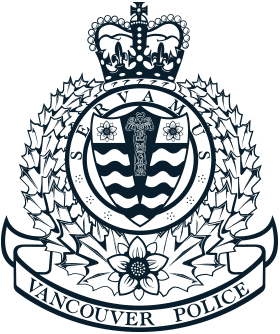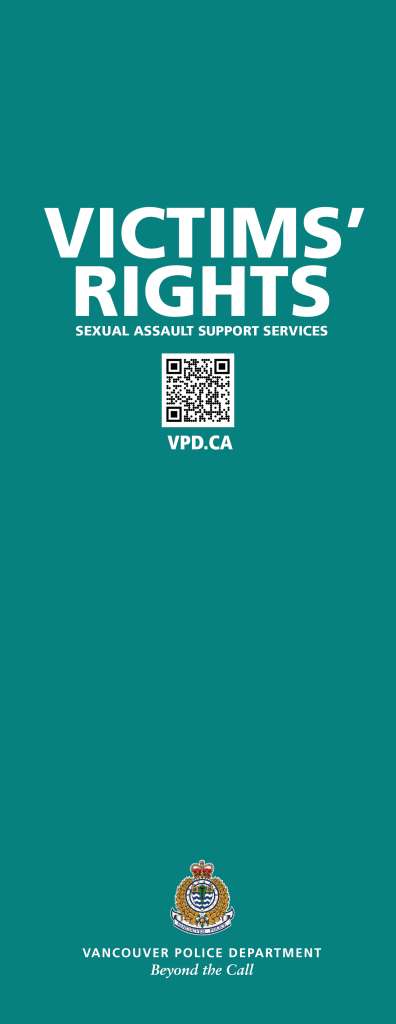What is a Sexual Assault?
A sexual assault is any sexual contact that you do not consent to. This includes unwanted kissing, touching, penetration or attempted penetration. It may happen once or multiple times, and just because you agreed to sexual contact in the past does not mean you consent to it every time. You can be sexually assaulted by a stranger, a friend, a family member, or your relationship partner.
What is the Definition of Consent?
Canadian law defines consent as your voluntary agreement to engage in sexual activity. Sexual touching is only lawful if you give your permission, either through words or by your actions. Silence or passivity does not equal consent. No one can legally consent to sexual activity in the future when they may be unconscious.
You have not consented to sexual activity if:
- you express by words or actions that you do not agree to engage in the activity
- you are incapable of consenting because you are incapacitated by alcohol and/or drugs
- you are induced to engage in the activity by a person in a position of trust, power or authority, such as a teacher or boss
- you are coerced or physically forced to comply
- you have a disability or mental impairment that prevents you from making an informed choice
- you originally agreed to the activity and then express by words or actions that you no longer agree to continue
I’ve Been Sexually Assaulted. What Do I Do?
If you have just been sexually assaulted, the most important thing is to get to a safe place.
If you are the victim of a sexual assault, you have options.
You can report it to the police by calling 9-1-1.
When you first call police, a civilian call-taker will ask you for some basic information, and a police officer on patrol will be assigned to investigate. At any time, you can advise police whether you wish to discontinue with a criminal investigation.
What to expect when making a police report
-
- When you first call police, a civilian call-taker will ask you for some basic information, and a police officer on patrol will be assigned to investigate.
- An officer, usually in uniform, will meet with you in person and ask you basic details of what happened to you.
- With your permission, the officer will call an ambulance to transport you to a hospital.
- Depending on the nature of the sexual assault, you may be asked to have a sexual assault examination at the hospital, given by a trained doctor or nurse. The exam will help preserve DNA evidence that could assist with the investigation.
- To preserve DNA evidence, the officers may ask you to provide the clothing that you were wearing at the time of the assault.
- You will be asked to come to the police station to provide details of what happened, which will be recorded.
- You will be provided with contact information for Victim Services, or the police officer can provide a referral to Victim Services on your behalf.
- With your input, a plan to ensure your safety will be put in place, whether the suspect is known or not known to you.
- Your report will be reviewed by a sergeant from the Sex Crimes Unit. Depending on a number of factors, a detective from that unit may be assigned to your file and will continue to investigate it.
- You will be kept updated on the progress of the investigation. If you have a support worker, they can also contact the investigator for you.
Someone else, a third-party, can make the report for you.
Third-party reporting is when someone else reports the crime to the police on your behalf.
See more information about how to make a third-party report.
You can choose not to report.
You may choose not to report the sexual assault to the police or to report it at a later time. Please consider going to the hospital to see a doctor and to preserve any DNA evidence that could help investigators if you choose to report later.
If you have a sexual assault examination, it should be done before showering. Ask for blood and urine samples to be taken if you suspect you may have been drugged, and keep any clothing you were wearing at the time of the assault. Medical staff will preserve evidence and will not call the police without your permission.
In order to collect valuable evidence, the VPD works with Vancouver General Hospital (VGH). Sexual assault victims, adults, and children over the age of 14 years, are encouraged to seek the services of the Sexual Assault Service at VGH.
The Program is confidential and staff are trained to collect evidence that can be used in court, with your consent. It is completely your choice whether or not the examiner releases the results of the exam to the police. You do not need to rush to a decision, and can request that the results be held by the hospital for a period of time and not released to the police.
Sexual Assault Service
Vancouver (604) 875-2424
What if Someone Under the Age of 13 is Sexually Assaulted?
Parents or guardians of child victims under the age of 13 are encouraged to seek the services at BC Children’s Hospital.
BC Children’s Hospital
(604) 875-2345 or toll-free in BC 1 (888) 300-3088
Where Can I Get Support in Making a Police Report?
You may wish to communicate with a support organization before making a police report.
If you choose, you may have a support person accompany you when you are meeting with police officers or other agencies. Your support person may be a friend or relative or a professional support worker.
See the list of support agencies below.
What Happens in a Police Investigation?
A sexual assault investigation may include the following investigative steps:
- An interview with you – police officers understand the effect that trauma has on memory, and you may add or change information at any time during or after the initial interview
- An interview with the person you first told about your sexual assault
- An interview of all other witnesses
- CCTV camera footage will be collected and reviewed
- Depending on the nature of the assault, DNA evidence may be summited to the RCMP National Forensic Laboratory for analysis, which can take 65 days, on average, to receive results (the time frame is subject to change and the lab will notify the investigator)
- Judicial authorizations, such as search warrants
- Interview of the suspect
Will the Person Who Sexually Assaulted Me be Charged?
In B.C., police officers can only recommend criminal charges to Crown Counsel. Officers compile the results of their investigation into an evidence disclosure package. Charges will be recommended to Crown Counsel if there is enough evidence to support it. Things like translations, the transcription of interviews, and the processing and analysis of evidence can sometimes delay this step by several months.
Once the disclosure package is complete, it is forwarded to the Provincial Prosecution Service Regional Crown Counsel, who will lay the charge if the package meets their criteria.
You will be told if Crown Counsel decides to lay the charge.
If charges are not recommended, you will be advised and have any of your questions answered. There may be insufficient evidence or other contributing factors that have led investigators and/or Crown Counsel to this decision.
Your case can take several months, or years, to make its way through the court process. You will continue to be supported during this time and can contact the investigator at any time.
The Treehouse Vancouver Child and Youth Advocacy Centre
The Treehouse Vancouver Child and Youth Advocacy Centre is a team of specially trained VPD officers, social workers from the Ministry of Children and Family Development and the Vancouver Aboriginal Child and Family Services Society, and victim support workers from Family Services of Greater Vancouver.
Team members work with children in a safe, child-friendly location to support the investigation and intervention of child abuse.
Link to Treehouse
Support Agencies for Survivors of Sexual Assault
AMS Sexual Assault Support Centre
(604) 822-3475
Email: SASC@AMS.UBC.CA
Battered Women’s Support Services
(604) 687-1868 or toll free 1 (855) 687-1868
Email: information@bwss.org
BC Society for Male Survivors of Sexual Abuse
(604) 682-6482
Email: victimservices@bc-malesurvivors.com
BC Women’s Hospital and Health Centre
(604) 875-2424 or toll-free in BC 1 (888) 300-3088
Cyber Tip Online Reporting for Child Exploitation
1 (866) 658-9022
Family Services of Greater Vancouver
(604) 731-4951
Kids Help Phone
1 (800) 668-6868
Email: bc@kidshelpphone.ca
Ministry of Children and Family Development
1 (877) 387-7027
Email: mcf.info@gov.bc.ca
National Center for Missing and Exploited Children
1 (800) 843-5678
Salal Sexual Violence Support Centre
(604) 255-6228
24-Hour Crisis and Information Line: (604) 255-6344 or toll-free 1 (877) 392-7583
Email: admin@salalsvsc.ca
Sexual Violence Prevention and Response Office (SVPRO)
For University of B.C. community members
(604) 822-1588
Email: svpro.vancouver@ubc.ca
Vancouver Aboriginal Child and Family Services Society
(604) 872-6723 or toll-free 1 (877) 982-2377
Email: info@vacfss.com
Vancouver Aboriginal Community Policing Centre Society
(604) 678-3790
Email: executivedirector@vacpc.org
Vancouver and Lower Mainland Multicultural Family Support Services
(604) 436-1025
Email: againstviolence@vlmfss.ca
Vancouver Police Department Victim Services
(604) 717-2737
Email: vpd.vsu@vpd.ca
Vancouver Rape Relief & Women’s Shelter
(604) 872-8212
Email: info@rapereliefshelter.bc.ca
Victim Link BC
1 (800) 563-0808 or TTY (604) 875-0885
Email: VictimLinkBC@bc211.ca
WISH Drop in Centre Society
(604) 669-WISH (9474)
Email: wishdropincentre@shaw.ca
Contact the VPD Sex Crimes Unit
Please note this contact information is not for reporting crime. If you need to make a police report, please call our non-emergency line at 604-717-3321 or 911 for an in-progress or recent crime.
(604) 717-2634
scu@vpd.ca



